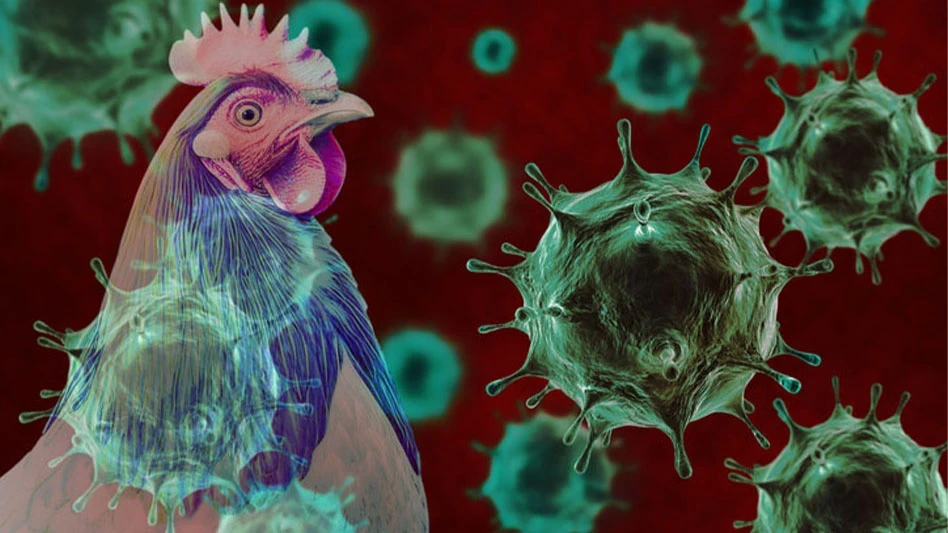
Rodents pose a persistent threat to human health, hygiene and the safety of our food supply. And as the pandemic has diverted attention elsewhere at many food processing facilities, there are dangerous implications of leaving rodent infestations unchecked. Joe Barile, Technical Service Lead at Bayer, shares what you need to know about rodent issues and the latest technologies to prevent them.
1 How has COVID-19 affected rodent management issues?
Fundamentally, not at all. Rodents are not susceptible to the virus. Instead, human behavior has forced changes in rodent behavior. For food manufacturing and handling facilities, the pandemic pressures of increased production, supply chain interruptions and labor shortfalls have taken our eyes off the contributing factors for pest management. Service provider reports may be getting lost in the daily challenges of operations.
2 What are some of the dangers of leaving rodent infestations unchecked?
Rats and mice are efficient invaders — once inside, their reproductive rates are frightening. Even if your trapping program captures 70% of the population between scheduled trap service, the numbers favor the rodents. One mouse will spread up to 100 fecal pellets a day while also spreading thousands of micro-drops of urine.
3 How should I approach preventing rodent infestations?
Think of a leaky boat. Your pest manager (PM) has two primary functions to help you stay afloat: tactical services (trapping, temporary exclusion, and potentially rodenticides) are representative of the bail bucket you use to keep your boat afloat. More important, diagnostic services (inspection and recommendations) are critical as they direct your attention to rodent access and conducive conditions that must be corrected. You can bail all you want, but your boat will continue to be in danger of sinking.
4 With all the stress right now, folks are turning to DIY rodent control solutions. What’s your advice?
Not a good choice. An experienced PM has the inspection and diagnostic skills to provide you with accurate, timely reports that can be used to plan remediation actions. PMs also have access to the latest technologies such as the Bayer Rodent Monitoring System that provides 24/7 activity reports that notifies them of rodent captures even in between regular service visits.
5 My PM checks all the rodent traps each visit. Why should I consider utilizing remote systems?
Two responses. First, what about activity that occurs between visits? With weekly service, the seven-day interval provides substantial time for rodents to cause damage and begin a new reproductive cycle. Second, the Bayer Remote Monitoring System includes software that creates inspection and activity history reports. It even provides a visual activity “heat map” that all responsible parties can easily interpret. This information gathering and interpretation technology frees up time so your service provider can inspect further and discover additional conditions conducive to pests before they become a problem.
 | Garden Center is adjusting the way the 2025 Top 100 Independent Garden Centers List is built. This year, for the first time, we are asking all retailers to report annual revenue for *only* their top-performing or flagship location. Submit your IGC for consideration on the list today.
|

Explore the March April 2021 Issue
Check out more from this issue and find your next story to read.
Latest from Quality Assurance & Food Safety
- Seeding The Future Global Food System Challenge Finalists Revealed
- TraceGains Launches AI-Powered Intelligent Document Processing to Improve Ingredient Safety, Compliance
- IFT Virtual Workshop on Food Fraud Prevention to Address Supply Chain Disruptions
- Penn State Course Covers Fundamentals of Food Science
- Joint FAO/WHO Expert Committee on Food Additives Seeks Experts
- FDA Reschedules Webinar on Updated ‘Healthy’ Claim
- Thousands More Laid Off at FDA, CDC in HHS Restructuring
- USDA Extends Deadline on Request for Information for Poultry Quality Standards






